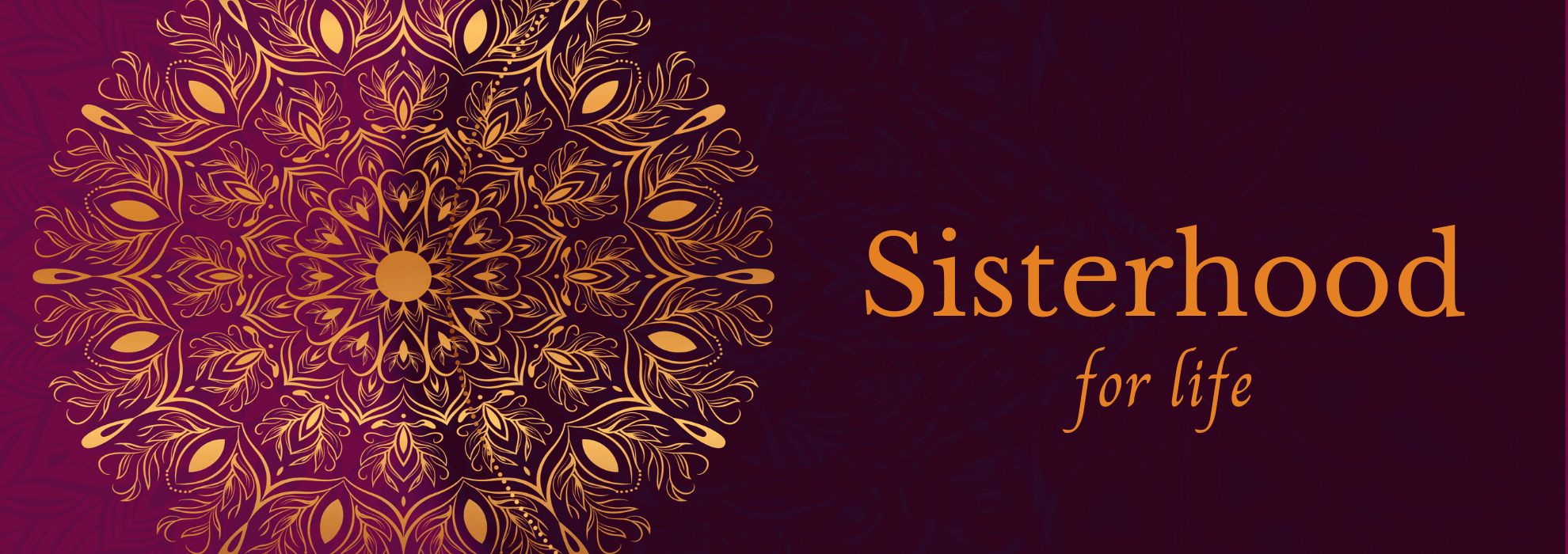
Why We Developed Sisterhood for Life
December 16, 2020 | Zoë Timms
One of my most vivid memories from the early days of WEP was of a vibrant young college student, Sunita, (name changed) who was the life and soul of our first Center, in Madurai, Tamil Nadu. Our Center was named Sudar which means “light” in Tamil, and if any student shone, it was Sunita. She was studying Tamil Literature on a WEP scholarship at the local college and after class would come to Sudar, the tiny house we rented, to participate in WEP activities.
Sunita frequently led the high-spirited, sometimes serious, but often hilarious, tea-time discussions where the students, voiceless at home, could suddenly assert themselves, to their own delight (and often surprise) – building confidence no formal class could ever teach.
Looking back, it was, in those formative days, that Sunita’s playful, usually energetic, suggestions, produced much of the spirit, values and culture that is WEP today: that we create a library (which she immediately named the “Chellum” (Treasure in Tamil), that we enable students to speak directly to doctors about their own personal health, that we have excursions not only to potential employment sites but exciting, fun adventures to places students had never been, like the one she organized to the magical mountains of KodaiKanal!
So, we were more than a little disappointed that after earning her Bachelor’s degree three years later, her parents Immediately arranged her marriage. She was 21 and for her family, this was very late. Sunita begged Sudar’s Director Vijayalakshmi (Viji) to speak with her parents, to delay her marriage, and allow her to pursue work – anything but marriage. But despite Viji’s discussions, the marriage took place.
For the next few years, Sudar grew. And while we lost touch with Sunita, new students contributed their own ideas to the program which became ever more responsive and vital.
Then out of the blue, Viji received a call. It was Sunita – weak from her bed at home. Not able to stand her abusive husband, Sunita had attempted suicide. She was sick and needed help. Viji went immediately, counseling her to focus on recovering and to return to Sudar to restore herself.
A few weeks later, Sunita returned, passing through the herb garden she had helped plant over five years before. She told Viji of her marital and financial problems. She was still married and now wanted to find a job.
Viji knew a local NGO helping street children that needed a bookkeeper. She coached Sunita on how to interview and arranged for an immediate meeting with the NGO Director. That afternoon, Sunita returned glowing. The NGO would train her, and she could begin working within a week.
For the next six years, Sunita worked at this NGO, returning often to Sudar to interact with students and to speak about life and choices.
From this (and subsequent experiences) we learned that these young womens’ problems did not vanish after leaving WEP, that life with all its gritty issues continues and that, for the WEP program, “follow-through” support was essential.
Thus, we developed the concept of WEP’s Sisterhood, a Mentor Program where graduates return to assist and be role models for current students, and finally, an Alumnae Association, an extension of the Sisterhood, where graduates keep up with peers, make new friends, learn of opportunities form a network of information and support. At WEP the door is always open.
Next … how WEP discovered what Leadership means to us.
